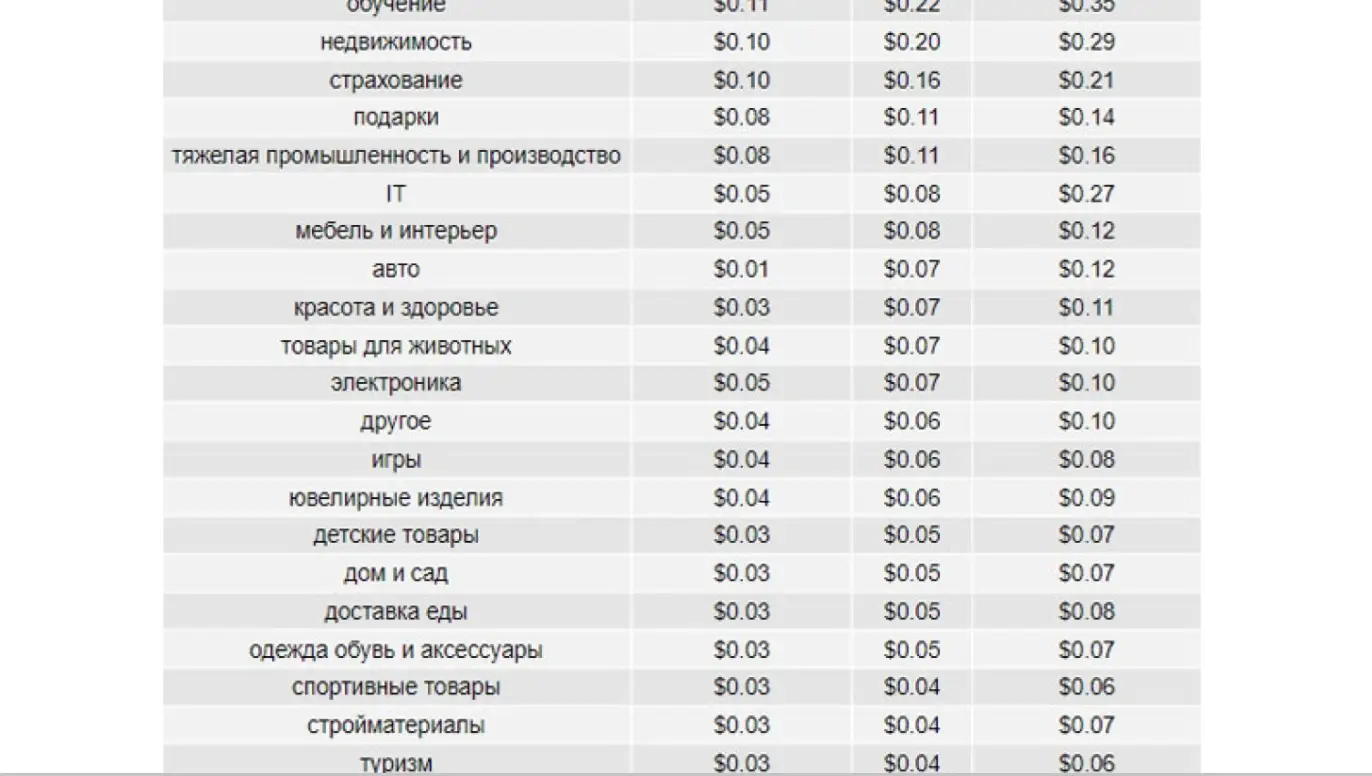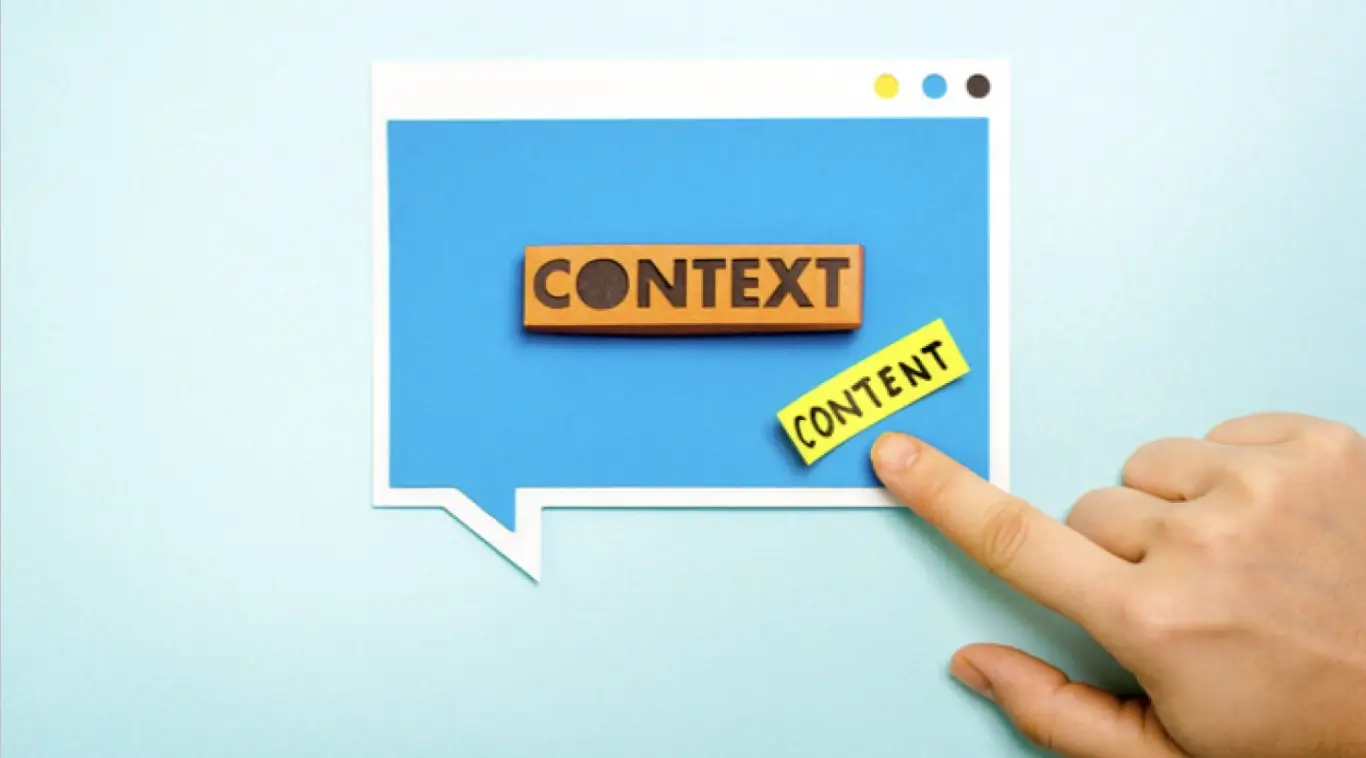
SEO and PPC are the two main branches of search marketing. SEO focuses on fine-tuning and creating quality content to drive organic growth, while PPC focuses on pay-per-click ads displayed on results pages and banners through services like Google Ads and the Google Display Network.
The advantage of PPC is that you get immediate, consistent, and guaranteed results, but when you run out of your campaign budget, you won't be at the top of Google's SERPs. On the other hand, SEO is more expensive and takes longer to bear fruit later on, but when well managed, it offers effective growth and a greater return on investment in the long run.
As we've already mentioned, SEO has to do with creating content and making your site as attractive as possible for search engines and Internet users alike. The goal is to rank first on Google when someone is looking for information on a topic your site specializes in. The main thing is to appear in front of a potential consumer at the very moment when they are interested in what you are selling. This requires positioning yourself for your industry's keywords on the front page of Google, and that's pretty tricky. This process is long and expensive and requires constant monitoring. SEO promotion can cost between $2,000 and $5,000. But once positioned, you'll be able to achieve a huge amount of traffic with a great opportunity to convert it into leads and, ultimately, sales.
Paying for ads is like renting an apartment, and creating content is like creating a machine that won't stop building buildings over time. Content never sleeps, doesn't get sick, and it's always working. The articles you write, the videos you edit, and the audio you record will be the best employees in your business. Why is that? Because they'll work as advertisers, public relations specialists, and sellers for your brand. You'll no longer have to tell stories about why your products are the best or why your services meet the needs of your customers. The content will do the job for you. And even if the road is a little longer (you won't make it to the front page of Google in a week), the return on investment is much higher.
The PPC process consists of paying a search engine to place your products or services in a specific location: this could be the top of the results pages or banners on websites similar to yours. The advantage of PPC is its responsiveness, the security it offers, and the lower cost compared to an SEO project. Of course, when the budget is exhausted, you will return to anonymity, which will create a relationship of addiction. The cost per click depends on the industry. In the following table, you can find the cost per click on a search network in Ukraine in the second quarter of 2020. (by topic):

Online advertising is fast and can reach a large number of people, but it has a very low conversion rate. This means that PPC can generate a large amount of traffic, but only a small percentage of users end their session with a purchase. Fewer than 4% of users who completed a search clicked on an ad. It turns out that out of 10,000 users who saw your ad, only 100 of them clicked on it and only one made a purchase. For this and other reasons, PPC ads are not effective. In addition to this, millions of users around the world have extensions (tools) that allow them to block any intrusive ads or banners. Despite all of the above, outbound marketing has significantly lost its validity in the modern world.
Companies that regularly post articles have 97% more inbound links than companies that don't blog. What does this mean? Companies that aim to write texts related to their industry, products, and services (part of good SEO optimization) have far more reach potential than those that don't. In a survey of 6,200 respondents from 99 countries, HubSpot, one of the most recognizable brands in the global marketing industry, came to the following conclusions:
- For 61% of online marketing professionals, their number one priority is to improve the SEO of the companies they work for and increase their organic search engine presence (2018).
- Only 18% of surveyed marketers said that outbound marketing (which uses contextual advertising) provides the best quality of potential customers for further sales.
The same company collects other interesting statistics on its website.
- 70 to 80% of users only focus on organic search engine results. I mean, they're ignoring ads.
- SEO gives almost 6 times better results than search engine ads.
- Content marketing provides 3 times more prospects than search engine advertising.
- 70% of people reject mobile ads, and the number of ad blockers on these devices has increased by 90% compared to last year.

Yes, you can add Google PPC ads to your inbound marketing strategy. You'd mix up outbound and inbound traffic, hoping to get the best out of both channels.
1. Outbound marketing can be more powerful in the short term: if you have the money, it will allow you to reach a large number of people. Your offer works instantly: just activate online ads to see results. By using this branch of marketing, your company will attract as many people as you want, depending on the amount of money you have.
2. As time goes by, your brand and your campaign grow in strength. The more profit you make from your content marketing efforts, the less time and money you need to invest. The content you write today will help you sell tomorrow and the day after tomorrow. To draw an analogy with the world of finance, every publication you publish will be a valuable asset that will pay off over time.
The very difference that exists between SEO and Pay Per Click is a fundamental turning point that separated marketing a few years ago and established two main focuses: inbound marketing and outbound marketing. Everyone has their own strengths and weaknesses. However, in our opinion, based on the numbers, SEO is far superior to PPC. However, this does not mean that contextual advertising ceases to be useful in various cases and circumstances, for example, when a budget is reduced or when you need to get traffic quickly. This can be very useful if you have a limited-time promotion that you want to post. Everything will depend on your needs, forecasts, and budget.
Submit a request, our head of analytics will contact you and show you how we will achieve results for your business